Duty of Care
How we help you fulfil your duty of care responsibilities.
The Challenge
Organisations across sport and education are under increasing pressure to support young athletes — not just through safeguarding, but more holistically across their entire development.
The Six Core Pillars
The 2017 Duty of Care in Sport review outlined six core pillars critical to athlete welfare: mental health, education, transition, safeguarding, equality, and voice.
While safeguarding is essential, focusing on it alone misses the bigger picture. Athletes need tools, knowledge, and support that prepare them for all aspects of life in and beyond sport.
The Opportunity
The Athlete Place has been created in line with the six pillars, making it easy for organisations to deliver meaningful, preventative support to athletes, alongside the essential performance-related guidance needed for success.
We offer two age-specific digital platforms, providing content that addresses the real challenges athletes face. They are expert-led, and designed to promote perfor, wellbeing, and personal accountability. Importantly, they are athlete-accessed minimising staff workload.
Our goal is to empower young people with the skills, self-awareness, and resilience they need to thrive, while helping organisations meet their broader duty of care.
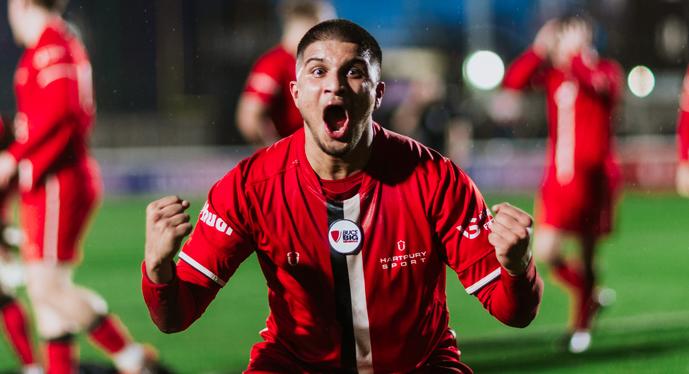
How The Athlete Place Supports the 6 Pillars
1. Safeguarding
Review Focus: Athletes must be protected from harm through effective safeguarding policies, training, and reporting structures.
How We Support:
Our platform includes expert-led safeguarding content tailored for youth and senior athletes.
We promote safe sport culture education across all modules (e.g. mental health, clean sport, transition).
Our platform provides a preventative support layer, reducing the risk of harm and misconduct.
Our platform encourages self-awareness and reflection, helping athletes recognise and report unsafe environments.

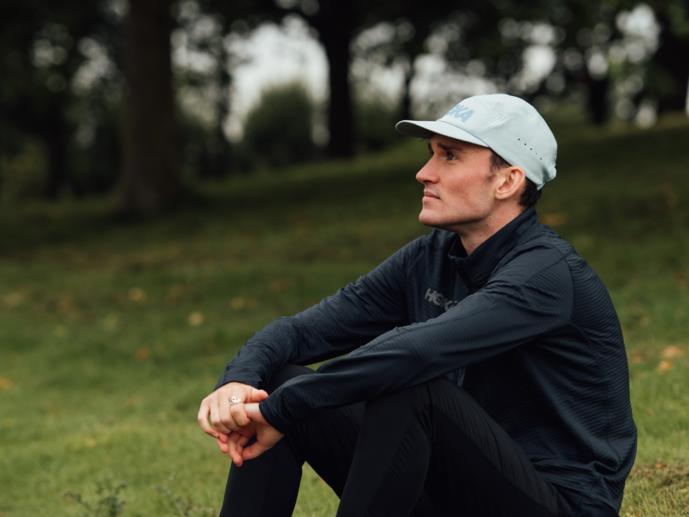
2. Mental Welfare
Review Focus: Mental health must be treated as equally important as physical health.
How We Support:
Dedicated module on mental wellbeing, including topics like ‘When you’re struggling’, ‘When others are struggling’, and ‘Managing anxiety’.
Focus on early education and awareness, reducing stigma and promoting help-seeking.
Content integrates with other wellbeing pillars (sleep, nutrition, mindset) to support athletes holistically.
Worksheets and activities encourage self-reflection and personal ownership of wellbeing.
3. Education
Review Focus: Athletes must be given access to high-quality, accessible education, both in sport and in life.
How We Support:
Our platform is a centralised hub of trusted, expert-led education across key life skills and performance areas.
Designed to be accessible, age-appropriate, and athlete-first.
Content promotes transferable life skills for success beyond sport (e.g. resilience, goal-setting, planning for transitions).
Delivered in a digital, self-paced format that works alongside academic and training schedules.
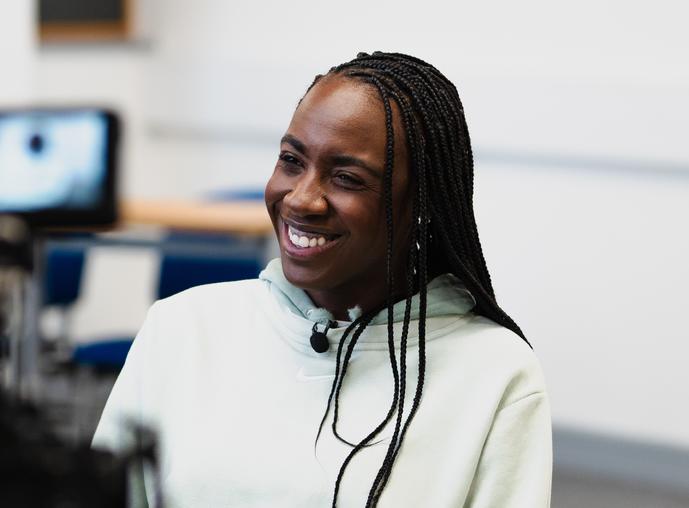
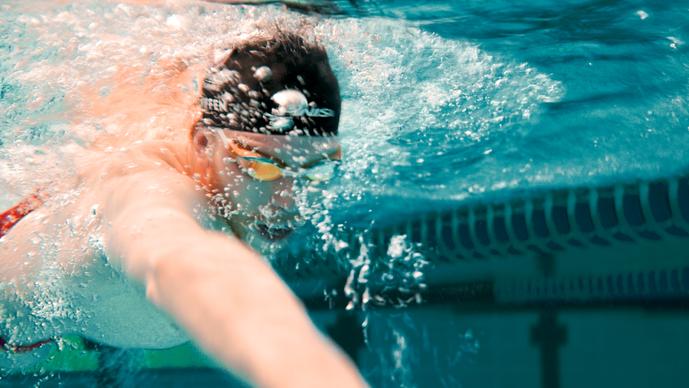
4. Representation
Review Focus: Athletes should have a voice and influence over their environments and experiences.
How We Support:
Promotes athlete autonomy and voice through self-reflective tools and content.
Content shaped by real athletes and experts, ensuring relatable and empowering messaging.
Encourages institutions to adopt athlete-centred approaches to support and education.
5. Equality, Diversity & Inclusion (EDI)
Review Focus: Sport must be inclusive and provide equal opportunities for all.
How We Support:
Inclusive content that speaks to diverse lived experiences (e.g. para-sport, female athlete-specific content, identity support).
New module being developed specifically for para-athletes, led by lived experience.
Platform design allows customisation, so organisations can tailor content to their athletes’ needs and context.
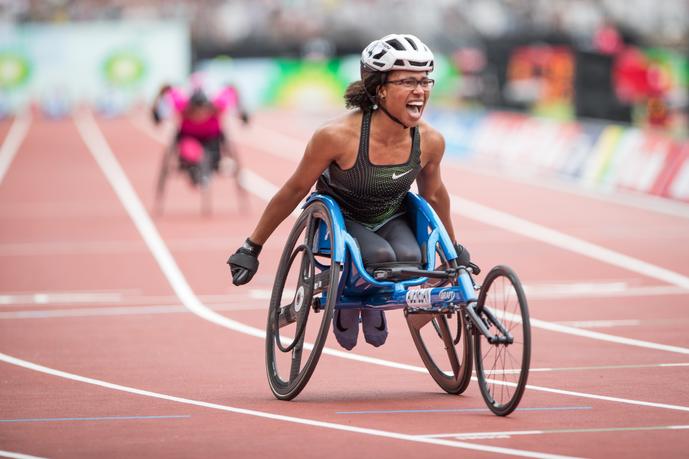
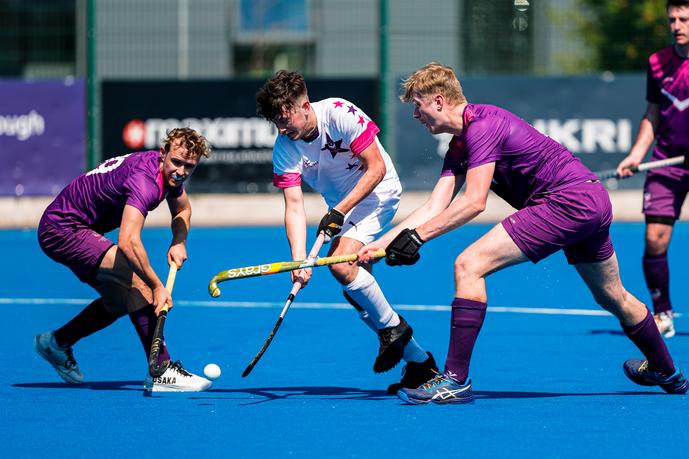
6. Transition
Review Focus: Athletes need structured support for transitions in and out of sport.
How We Support:
Inclusive content that speaks to diverse lived experiences (e.g. para-sport, female athlete-specific content, identity support).
New module being developed specifically for para-athletes, led by lived experience.
Platform design allows customisation, so organisations can tailor content to their athletes’ needs and context.
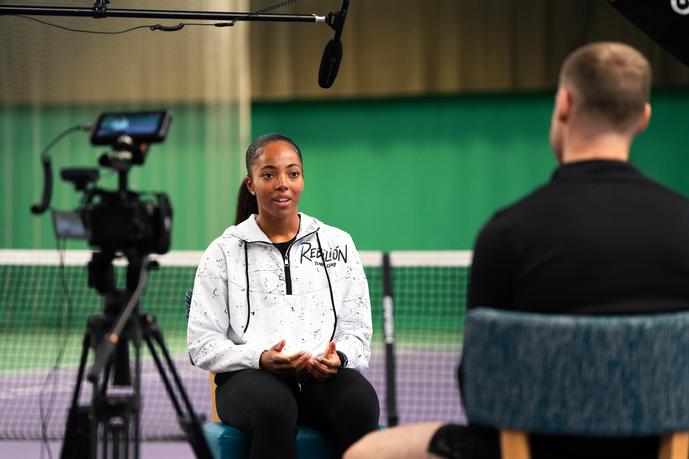
Why It Matters
Duty of care isn’t a checklist, it’s a lived experience. Athletes who understand themselves, their needs, and their environment are more likely to stay safe, perform consistently, and remain engaged in sport. your text here.
Knowledge creates autonomy. When athletes are equipped with the right tools and insights, they become more independent, more resilient, and more capable of making informed decisions. This not only enhances wellbeing and performance, but it also reduces dependency on staff and increases long-term success.
By giving athletes the tools to manage themselves and their journey, The Athlete Place helps institutions move from reactive support to proactive development.

